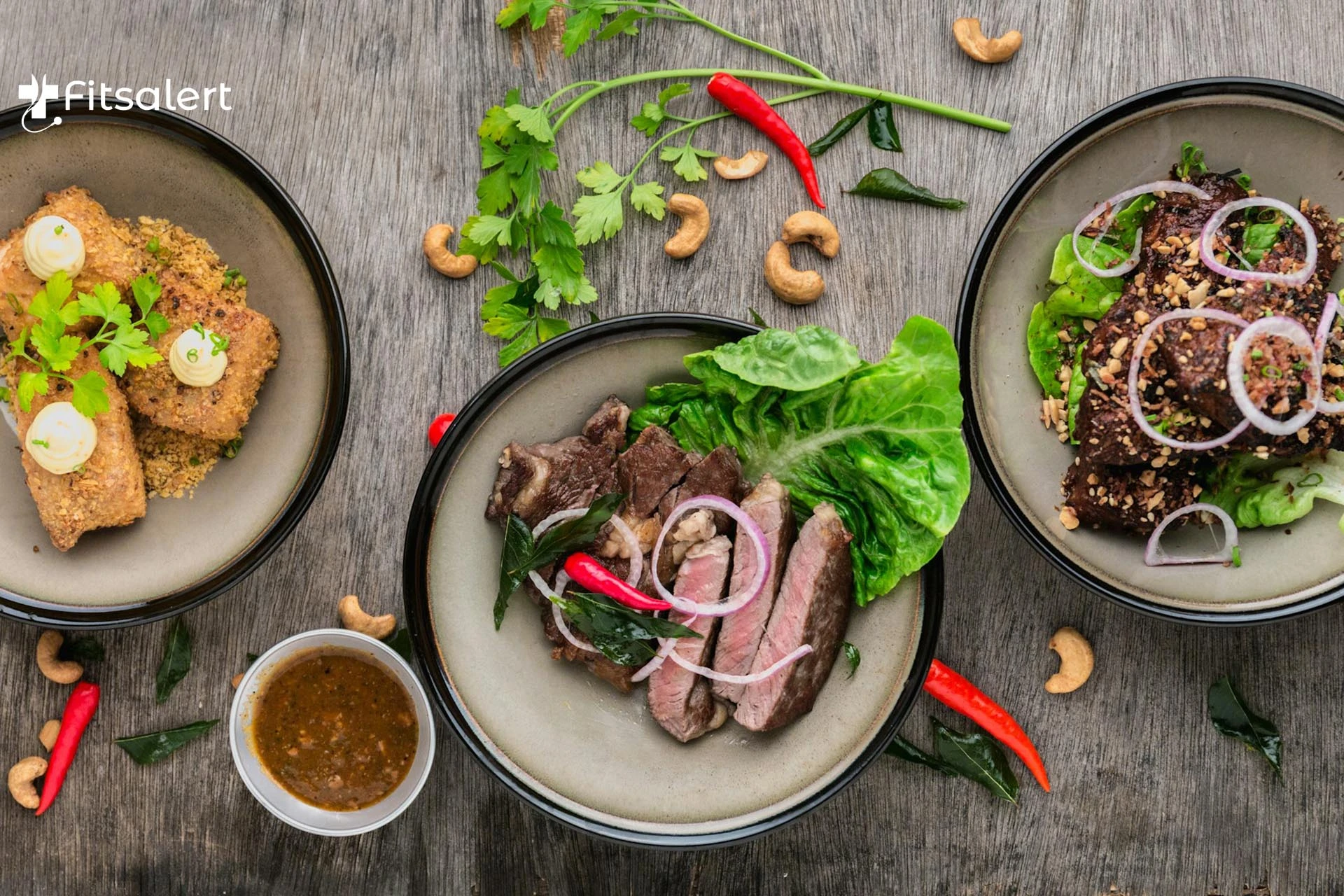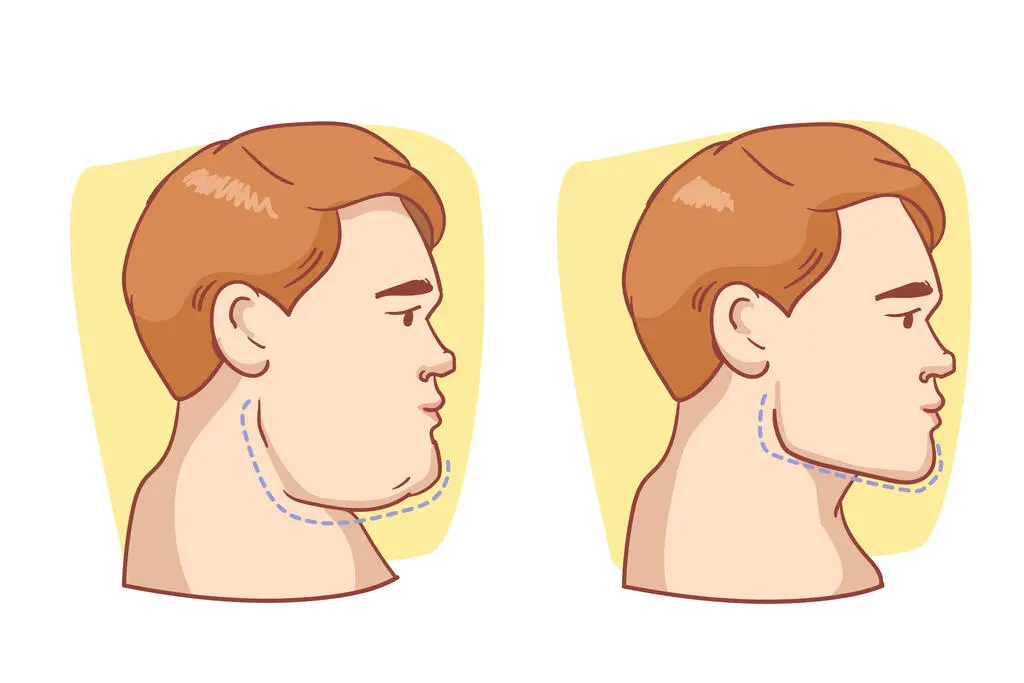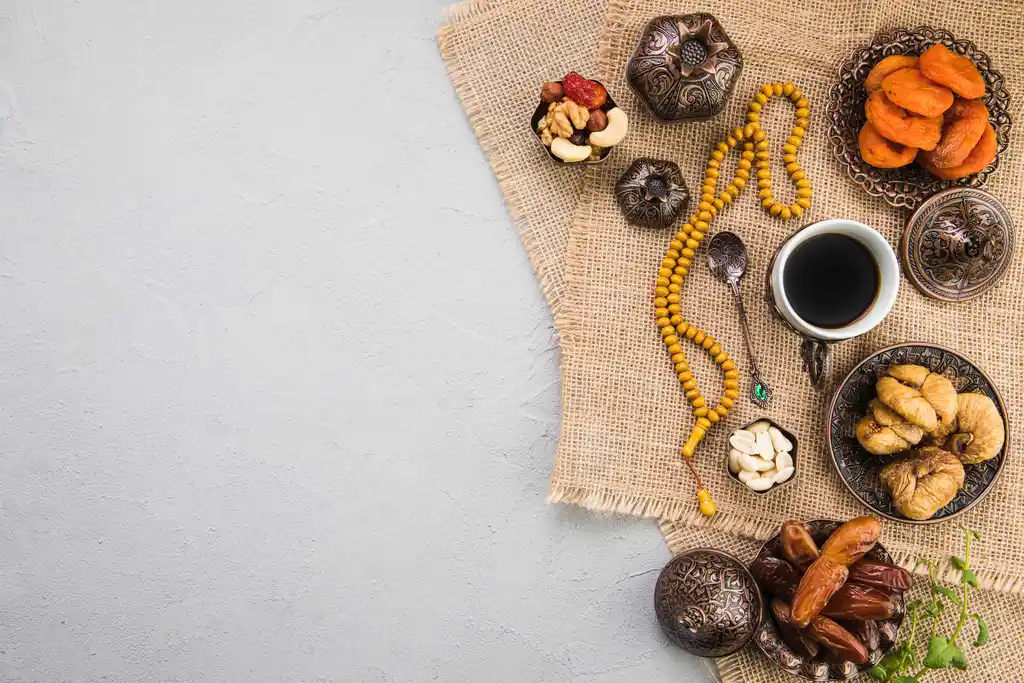Zinc, a vital mineral, plays numerous roles in the body’s functions. It supports immune health, aids in wound healing, and contributes to DNA production. Additionally, according to research zinc is crucial for sensory functions like taste and smell, as well as for cell division. Its importance extends to promoting healthy growth and development, especially during pregnancy and childhood.
Since the body cannot produce zinc naturally, it must be obtained through diet or supplements.
Animal-based proteins such as fish and meat rank among the top sources of zinc, while plant-based options like seeds and fortified cereals also provide this essential mineral. However, fruits and vegetables generally contain lower levels of zinc.
Even among plant foods that do contain zinc, like nuts and beans, there are compounds known as phytates, which can interfere with zinc absorption in the body. Here’s a list of the benefits of zinc-rich foods.
Fish and Shellfish
Fatty fish and shellfish stand out as excellent sources of anti-inflammatory omega-3 fats, known for their cardiovascular benefits, cognitive support, and potential improvement in fertility. Additionally, these foods are rich in essential nutrients like vitamin B12, iron, and zinc.
While oysters top the charts as the richest source of dietary zinc, other shellfish such as blue crab and shrimp also offer notable amounts of this mineral.
Here are some of the seafood varieties highest in zinc:
- Oysters (raw): Providing 32 milligrams (mg) per 2 ounces (oz), equivalent to 291% of the daily value (DV).
- Blue crab (cooked): Offering 3.2 mg per 3 oz, comprising 29% of the DV.
- Shrimp (cooked): Supplying 1.4 mg per 3 oz, representing 13% of the DV.
- Sardines (canned and drained): Yielding 1.1 mg per 3 oz, contributing 10% of the DV.
Meat
Beef and pork are not only recognized for their iron content but also serve as significant sources of zinc. Opting for lean cuts of meat is advisable to support heart health. For instance, pork tenderloin stands out as the leanest option among pork cuts.
Here are some meat products that contribute to fulfilling your daily zinc requirements:
- Beef (bottom sirloin, roasted): Providing 3.8 mg per 3 oz, equivalent to 35% of the DV.
- Pork (center loin, broiled): Offering 1.9 mg per 3 oz, comprising 17% of the DV.
Nuts and Seeds
Nuts and seeds play a crucial role in a balanced diet, offering heart-healthy unsaturated fats along with essential nutrients like vitamin E, magnesium, and non-heme iron. The Dietary Guidelines for Americans recommend integrating five ounces of nuts and seeds into your weekly meals.
Here are some of the top nut and seed sources of zinc:
- Pumpkin seeds (roasted): Providing 2.2 mg per 1 oz, equivalent to 20% of the DV.
- Hemp seeds (hulled): Offering 2.9 mg per 3 tablespoons, constituting 26% of the DV.
- Pine nuts: Supplying 1.8 mg per 1 oz, approximately 16% of the DV.
- Pecans: Delivering 1.3 mg per 1 oz, accounting for about 12% of the DV.
- Chia seeds: Contributing 1.3 mg per 1 oz, representing 12% of the DV.
- Brazil nuts: Furnishing 1.2 mg per 1 oz, roughly 11% of the DV.
Fortified Cereals are Zinc-Riched
According to a study, fortified foods, which are enriched with additional nutrients during production, can serve as convenient sources of zinc.
Breakfast cereals are often fortified with essential minerals like iron and zinc. Opt for cereals with low added sugars to avoid a sudden increase in blood sugar levels in the morning. Pair your cereal with fiber, protein, and healthy fats for a satisfying and balanced meal. For instance, try combining cereal with Greek yogurt, blueberries, and ground flaxseed.
Popular examples of fortified breakfast cereals include Cheerios, Grape Nuts, and Total, which provide zinc ranging from 20 to 100% of the Daily Value.
Poultry
Poultry products like chicken and turkey not only provide zinc but also contain essential vitamins such as B6 and B12, which play roles in carbohydrate metabolism and red blood cell production.
Here are a couple of poultry sources rich in zinc:
- Roasted turkey breast: Contains 1.5 mg of zinc per 3 oz, providing 14% of the Daily Value.
- Rotisserie chicken thigh: Contains 1.4 mg of zinc per thigh, offering 13% of the Daily Value.
Shiitake Mushrooms
While vegetables typically don’t provide significant amounts of zinc, certain fungi like shiitake mushrooms are exceptions. Research indicates that one cup of cooked shiitake mushrooms offers 1.9 mg of zinc, contributing approximately 18% of the Daily Value. [Source]
Health Benefits of Zinc-Rich Foods
Zinc plays an important role in multiple bodily functions. Here are some important roles zinc serves:
- Cell division: Zinc is essential for growth, especially during critical periods like pregnancy, childhood, and adolescence, when the body undergoes rapid changes.
- Healthy immune function: Adequate zinc levels are necessary for the optimal functioning of immune cells such as lymphocytes and neutrophils. Research suggests that taking zinc lozenges at the onset of a common cold may slightly reduce its duration by about two days, although more studies are required for conclusive evidence.
- Healthy skin barrier: Zinc contributes to reducing inflammation and promoting the regeneration of new skin cells at wound sites.
Final Thoughts
Zinc, a vital mineral, is not naturally produced by your body. It plays crucial roles in supporting immune function, maintaining healthy skin, and facilitating growth and development. While animal-based foods like fish, meat, and poultry are rich sources of zinc, plant-based proteins such as nuts and seeds also provide this essential nutrient.
Fortunately, zinc deficiencies are rare. However, if you suspect you may have low zinc levels, it’s advisable to consult your healthcare provider. They can assess your zinc status and guide you on how to safely address any deficiencies if necessary.

















